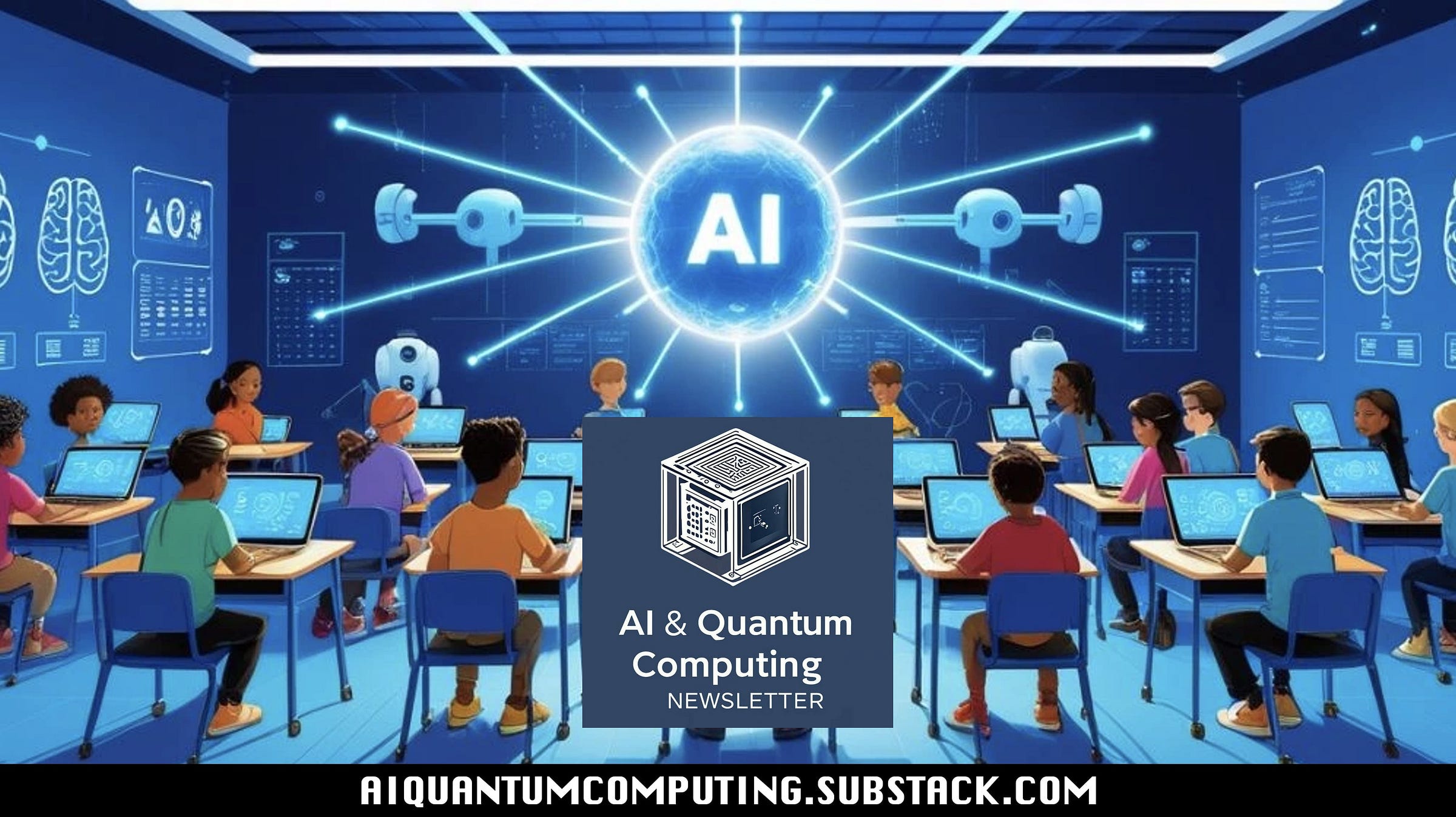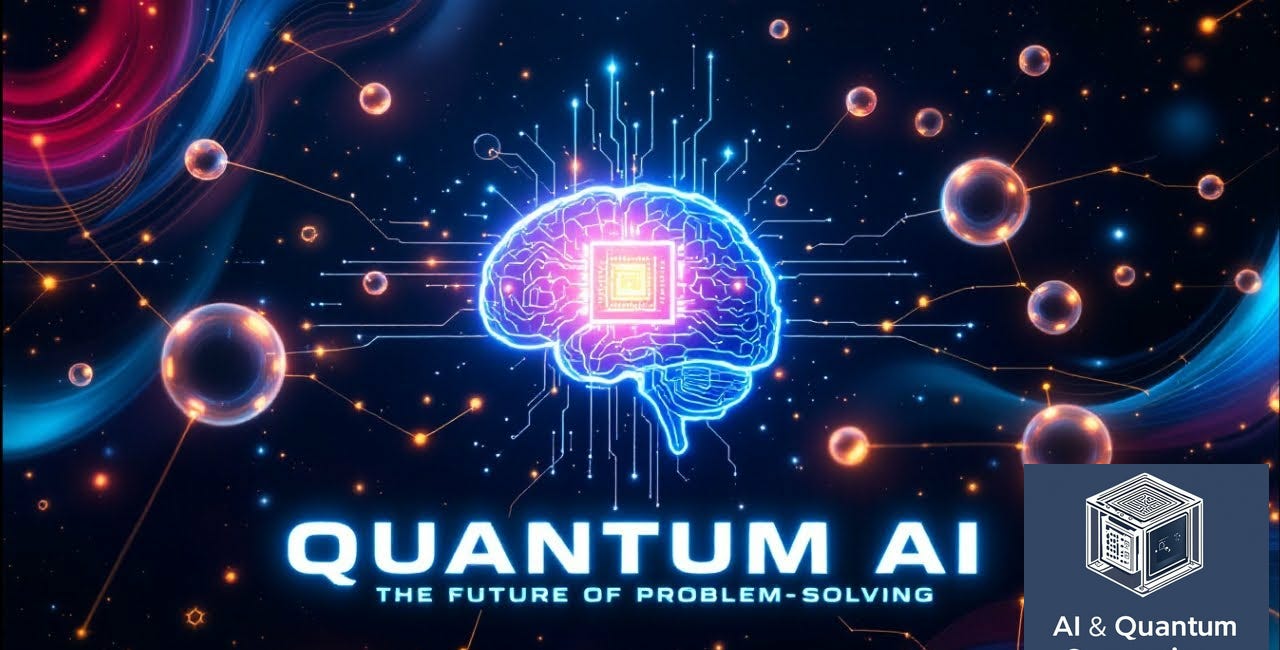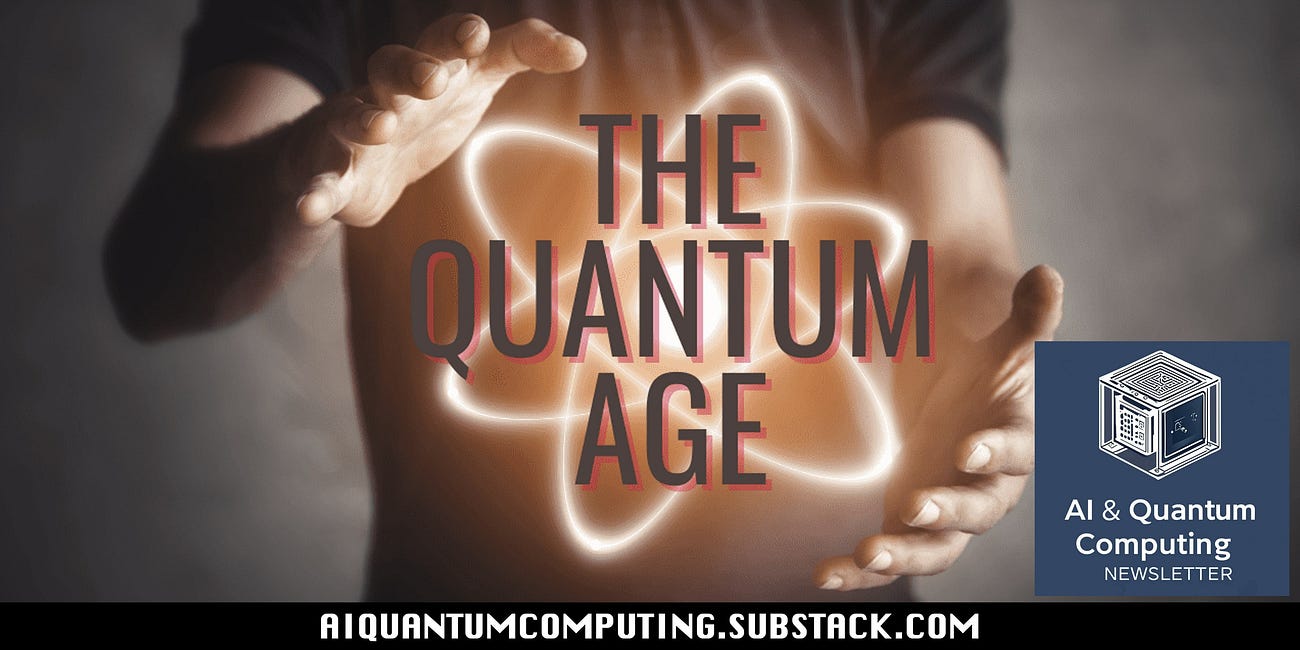The Silent Revolution: How AI is Redefining American Education, Between Radiant Promises and Creeping Dystopia.
The best results do not appear when AI replaces traditional methods, but when it pushes teachers to rethink them from the ground up.
In a Colorado classroom, pre-teens’ faces are illuminated by the glow of screens. They are not reviewing algebra or analyzing a poem. They are conversing. Their interlocutor, infinitely patient and possessing a flawless memory, introduces itself as Elie Wiesel, the Nobel Peace Prize laureate and Holocaust survivor. The students ask poignant questions about resilience, hatred, and hope. The responses, articulated with a troubling depth, are generated in real-time by an artificial intelligence. This scene, both fascinating and dizzying, is not science fiction. It is the new frontier of American education—a frontier where technology is no longer just a tool, but an actor, a mentor, and even a simulacrum of historical consciousness.
This image is all the more striking as it embodies a spectacular reversal. Just a few months ago, the mere mention of “ChatGPT” was enough to provoke a defensive outcry. New York, the largest school district in the United States, banned the tool from its schools, seeing it as the specter of institutionalized cheating and intellectual atrophy. Today, the moral panic has given way to a frantic race for adoption. The trend has not only reversed; it has been shattered.
The Oracle of Westport's Final Warning: A Seismic Global Reset is Coming According to Ray Dalio. Here's How to Prepare.
The era of predictable growth, stable geopolitics, and omnipotent central banks is over. We are entering an era of sharp swings, broken assumptions, and violent power shifts at every level of society.
The Great Shift: From Prohibition to Mass Adoption
The numbers bear witness to a technological tsunami. The six largest American school districts, with New York at the forefront, no longer just permit the use of AI; they actively encourage it. According to a recent study by the Consortium for School Networking (CoSN), the proportion of districts formally banning AI has plummeted to a meager 1%. Conversely, nearly 30% have embraced it without reservation, integrating clear policies for its use. Even more revealing, over half of all districts have already implemented training programs to familiarize their teachers with these new tools.
This is not a transition; it is a conquest. And behind this conquest, a colossal market is taking shape—a new digital gold rush. The economic projections are staggering: the AI in the education sector is expected to grow from $6 billion today to over $32 billion by 2030. It’s an El Dorado that has not escaped the notice of this revolution’s architects.
The reversal is not spontaneous. It is the result of a meticulously orchestrated marketing and strategic offensive by the titans of Silicon Valley. OpenAI, Google, and Microsoft are now rolling out their “Education” versions of ChatGPT, Gemini, and Copilot. Their strategy is as simple as it is formidable: win over the teaching profession on a massive scale and integrate students, from their earliest years, into their respective ecosystems. This isn’t just about selling software; it’s about shaping future users, normalizing interaction with their products, and securing a dominant position in the cognitive landscape of the next generation.
The investment matches the ambition. In a telling move, Microsoft, OpenAI, and Anthropic have jointly injected $23 million to create a “National AI Instruction Academy.” The stated goal is to train 400,000 American teachers. Faced with such financial firepower, even the traditionally cautious unions are yielding to pragmatism. Randi Weingarten, president of the AFT, the country’s second-largest teachers’ union, justifies this alignment with a disarmingly realistic question: “Where are you going to find the money for large-scale training?” In a chronically underfunded public education system, Big Tech’s offer looks less like a partnership and more like a providential lifeline.
AI in the Classroom: Pedagogical Miracle or a Shortcut to Laziness?
On the ground, in the classrooms, the initial feedback is tinged with cautious optimism. Teachers are observing encouraging, even spectacular, results. Struggling students, previously paralyzed by the blank page, are using AI as a writing assistant to structure their ideas and improve their expression. They learn to formulate prompts, evaluate suggestions, and gradually gain confidence. At the other end of the spectrum, the most advanced students use it as a springboard to explore concepts of a complexity inaccessible to their peers, simulating scientific experiments or debating philosophical theories with a tireless partner. AI becomes a personal tutor, a catalyst for curiosity, capable of adapting its level to each student.
But this idyllic picture hides a much darker side. Concern is growing among many educators and researchers. The ease with which AI provides fluent and well-structured answers is creating a new kind of intellectual complacency. Study after study shows that students rarely, if ever, fact-check the information generated by chatbots. They become conduits for factual errors, for AI “hallucinations” that, once printed in an assignment, take on the weight of truth.
More fundamentally, it is the very habit of critical analysis that is at risk of eroding. Why spend hours synthesizing documents, comparing sources, and building an argument when a simple query can produce a passable text in seconds? The question posed by a Stanford University employee encapsulates the dilemma haunting the world of education: “Is AI giving students a chance to see their mistakes before they turn in their paper, or is it making them lazier?” The risk is that the tool, designed to help overcome the obstacles of learning, may end up eliminating the cognitive effort that lies at the very heart of that learning.
The School of the Future? The Unsettling Model of Alpha School
To see just how far this logic can be pushed, one must look to Austin, Texas. There, a private school named Alpha School has made AI its founding principle. Its promise is radical: to condense six hours of traditional learning into just two, thanks to the complete integration of artificial intelligence. The model is disturbing. Certified teachers have been replaced by “guides,” whose main role is to supervise students’ interactions with learning platforms.
Surveillance is omnipresent and algorithmic. A webcam constantly analyzes students’ facial expressions to detect boredom or frustration. Their eye movements are tracked to ensure their focus (“eye-tracking”), while every keystroke and mouse click is recorded and analyzed (“keyboard and mouse monitoring”). Efficiency is the mantra; performance is the sole metric.
The personal projects encouraged by the school offer a chilling glimpse into this new philosophy: some students develop mental health counseling chatbots, while others create AI-powered dating assistants. Education is no longer just about transmitting knowledge, but about optimizing an individual's life through technology, blurring the lines between learning, productivity, and private life. Alpha School may be an extreme case, but it serves as a powerful indicator of the potential dangers of a system that makes technological efficiency its only compass.
The Commodification of the Mind: A Solemn Warning
Beyond the classroom, the very foundations of public education are at stake. Critical voices, like those from the Civics of Technology Project, are rising to warn against the risks of “transforming public education into a portal for the enrichment of private interests.” By outsourcing teacher training and making students dependent on commercial ecosystems, are we not risking handing the keys of pedagogy over to companies whose ultimate goal is profit, not civic empowerment? The project advocates for a thorough study of the “collateral and disproportionate effects” of these technologies, especially on students from disadvantaged backgrounds.
The equation is dauntingly complex. On one hand, overwhelmed teachers facing overcrowded and diverse classes see AI as a valuable ally for personalizing learning and lightening their administrative load. On the other hand, legitimate fears of technological dependency, the erosion of fundamental skills, and the creeping commodification of education weigh heavily in the balance.
The real lesson, the one that emerges between the lines of the Colorado experiment, is perhaps the most difficult to implement. The best results do not appear when AI replaces traditional methods, but when it pushes teachers to rethink them from the ground up. When a student can “talk” with Elie Wiesel, the teacher’s role is no longer to transmit the content of the book “Night,” but to teach the student how to ask the right questions, to detect the algorithm’s biases, and to compare the AI’s response with historical sources. AI then becomes an object of study in itself, not just an oracle.
While America grapples with these existential questions, triggering a transformation at a stunning speed, old Europe seems to be watching from a distance. Caught in the whirlwind of its own political and financial crises, it remains static. Our debates on education seem anachronistic, focused on curriculum adjustments or budget quarrels. This is a major problem. Because while we struggle to keep a 20th-century education system afloat, another world is being born across the Atlantic—a world of unprecedented opportunities and perils. To ignore it is not a sign of prudence; it is to risk a historic decoupling.
The Silicon Throne: The Unsettling Secret of the Two Clients Holding Nvidia in Their Grip.
At the top of the world, where the air is thin and the numbers are dizzying, Nvidia reigns as the undisputed master. Having become the most valuable company on the planet, the semiconductor titan embodies the raw power of the artificial intelligence revolution
How to Explain Quantum AI at a Dinner Party (and Sound Like a Genius).
Marseille, France – The first hint of dawn is breaking over the limestone cliffs of the Calanques. It’s just past 7 AM on Monday, the first of September, 2025. Marseille is still quiet, the air cool and calm before the city awakens. It’s the perfect time for a coffee and a moment of quiet contemplation before the week begins. My thoughts drift to a dinn…
Don't Teach Your Kids to Code, Teach Them This: 3 Mindsets for the Quantum Age.
Marseille, France – It’s a typically bright Saturday morning here on the coast of Provence, just before 9 AM on August 30, 2025. From a café, you can watch the world hum along with a familiar rhythm. Near the university, students are likely hunched over laptops, learning Python or Java. Across the city, parents are researching coding bootcamps for their…





